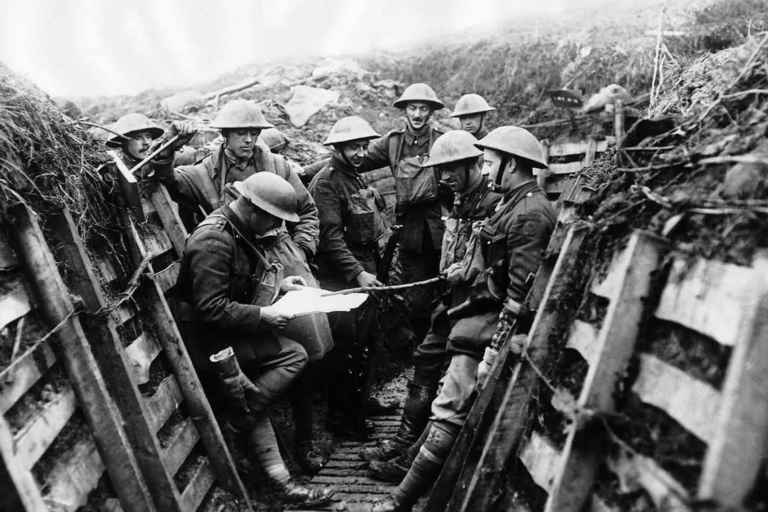
World War I: Its Causes and Consequences
Russ Leng,
Political Science professor, Middlebury College and Academy of Lifetime Learning Cape Cod Community College
Three Classes on Tuesdays February 2, 9, 16 from 1:30 – 3:00
2/2: The Causes of the Great War
World War I occurred at time of unparalleled peace, prosperity, trade and international cooperation in Europe. Nevertheless, Europe plunged itself into the horrors of total war, with its unprecedented carnage. How did it happen, why was it so destructive, and who, if anyone, was to blame for the “Great War”?
2/9: America, Woodrow Wilson, and the Great War
Realism vs. idealism, isolationism vs. international involvement – these were major questions about America’s role in the world as Wilson reluctantly led the nation from neutrality to a major role in the war. What followed were successes and failures in his attempt to create a new world order reflecting American ideals in the peace that followed.
2/16: A Century Later: The Legacy of World War I
WWI dramatically transformed national boundaries and relations between people and governments; it changed attitudes about the conduct of international affairs, including with regard to war. We will take a look at how many of those changes continue to play an important role in the conduct of international affairs today, and consider positive and negative effects on world peace and stability in the 21st century.